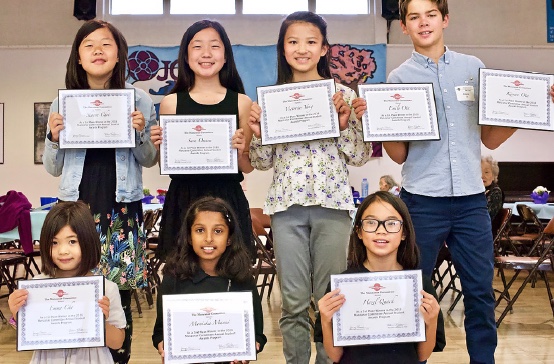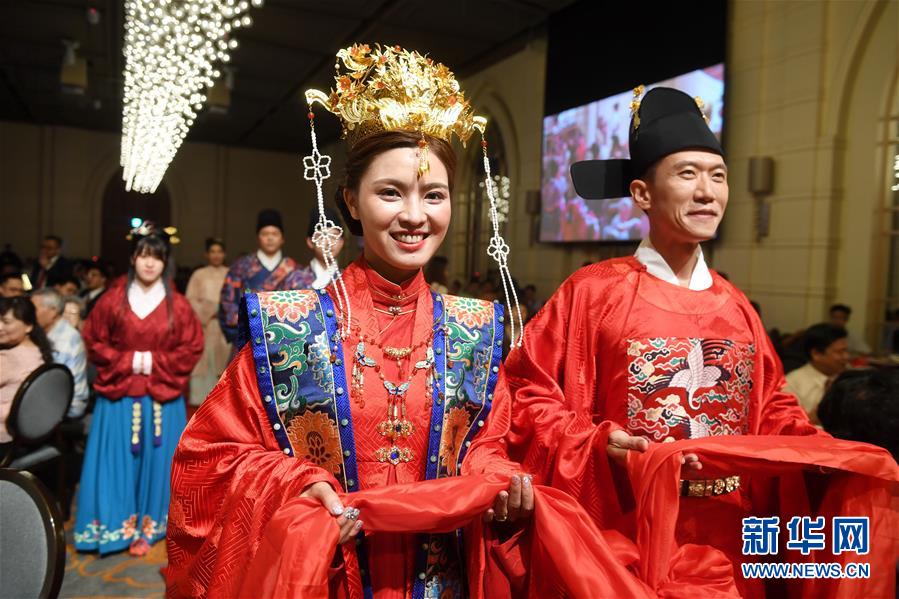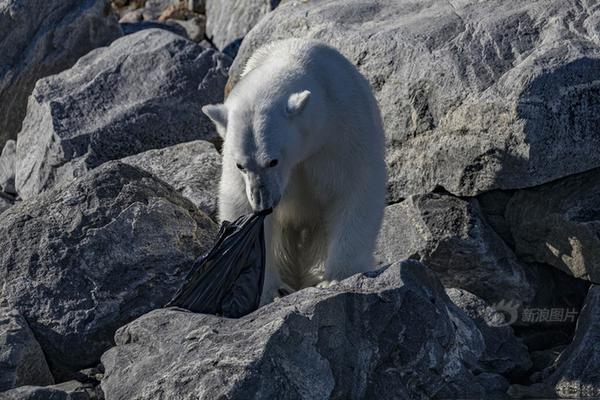
Rafu Staff and Wire Service Reports
Wat Misaka never seemed comfortable with the title of pioneer, never embraced the handle of trailblazer.
It was 1947 – the same year Jackie Robinson joined the Dodgers and broke baseball’s color barrier – when Misaka was drafted by the all-white New York Knicks of the Basketball Association of America.
“It was not a big thing. They didn’t make much of it,” he said.
He played a mere three games for the Knicks before being let go by the team, but his inclusion was the point at which pro basketball in the U.S. broke its own ethnic and racial barrier.
Misaka, who helped the University of Utah win the 1944 NCAA championship, died Wednesday at the age of 95.
University of Utah Director of Athletics Mark Harlan said Misaka’s legend extended well beyond the confines of the court.
“He was a part of the Utah teams that won national championships in the 1940s, but Wat was bigger than the game of basketball, blazing trails into places nobody of his descent had gone before,” Harlan said. “He was such a kind and thoughtful man and will be missed by so many.”
Born Wataru Misaka in Ogden, Utah, in 1923, he spent much of his childhood tooling around his father’s barber shop.
Like most non-whites in the area, he had limited opportunities to join mainstream sports teams because of his race. In spite of the discrimination, he earned a spot on the basketball team at Ogden High School and helped lead the team to a state champion?ship in 1940.
During World War II, Misaka was among those who faced staunch anti-Japanese sentiment.

At the University of Utah, the 5-foot-7 Misaka was on the Utes team that went 18-3 in the 1943-44 season, and were invited to to compete in the NIT Tournament, considered the most prestigious college basketball event at the time.
After another team dropped out, Utah agreed to play in the NCAA Tournament, and beat Dartmouth, 42-40, in overtime to win the title.
Misaka was drafted during the war, serving for two years and reaching the rank of staff sergeant.
Upon his return to the Utes, he helped his team win the NIT championship in 1947.
His career with the Knicks was brief – he scored a total of seven points – yet he said he felt no bias or discrimination, and believed he was let go simply because the team had too many guards.

He rejected an offer to play for the Harlem Globetrotters, opting to finish school and earn a degree in electrical engineering.
He made his home in Salt Lake City, where he and his wife, Kate, raised two children.
In 2009, Misaka’s life and career were the subject of “Transcending: The Wat Misaka Story,” a documentary that puts his athletic career into context with the times and the tensions that anyone with Japanese ancestry faced in the 1940s.
Christine Toy Johnson, who directed the documentary with her husband, Bruce, said she was inspired by Misaka’s success despite often being the target of insults and racial discrimination.
“It’s just not in his nature to really talk about it, but to a lot of people it’s a barrier he broke and we really recognized the importance of that,” Toy Johnson said in a 2009 interview. “He’s just a humble guy, so he does shy away from attention a lot, and yet I think he is also happy that people are recognizing his accomplishment.”
“Wat was a person who was an achiever in all he did,” said Misaka’s Utah teammate Arnie Ferrin.
“He did so many great things such as representing the Japanese as an American citizen during the war. He was one of my best friends; in fact, we all should have a friend like him. I will miss him dearly.”

Fellow Utah resident and former JACL national president Floyd Mori spoke with Misaka on Tuesday and called him “My childhood hero.”
“He was a great example of commitment to good outcomes and his chief concern was the well-being of family and friends,” Mori wrote.
During a speech at Little Tokyo’s Japan America Theatre in 2009, Misaka said that he hoped to see more Japanese Americans excel in the college game, and to be more represented in the NBA.

“I’ve been waiting 65 years for something like that to happen,” Misaka said at the time. “I think the game is so much different, especially the professional game, which has turned more toward entertainment than sport, whether that’s good or bad.”
Among the sellout crowd at that event was Dave Yanai, legendary retired coach of Cal State Dominguez Hills.
“To have younger people see this story told and to have Mr. Misaka still alive and be able to answer questions, it’s a wonderful thing,” said Yanai.
Misaka never lost his love of the game, and in recent years was occasionally spotted chatting and sharing his experiences with some of today’s NBA stars.
“When I played, the United States was the king; there was hardly any basketball played anywhere else,” he said. “I like to think that when we won our national championship, that we were not only national champions, but world champions. There just wasn’t any basketball played elsewhere that could come close to what we played in the U.S.
“But the game is going international now, and maybe that will make it easier for Japanese Americans to break into the American teams as well.”
More recently, Misaka returned to Little Tokyo to show his support for the Terasaki Budokan project.
Photographer Shane Sato, who published two collections of portraits of Japanese American veterans, noted that Misaka’s portrait is the first one in the second volume, “The Go For Broke Spirit: Portraits of Legacy.” An exhibit based on that book was recently displayed at the Japanese American Cultural & Community Center.
Sato said that he got to know Misaka over the past few years, “visiting him in Salt Lake City, and hearing his stories about basketball and bowling … He came out to Los Angeles to support my book and the SOLT (Straight Outta Little Tokyo) event in 2018, I will always be grateful for that and it was an honor to know him as well as take his portrait.”
 Manzanar Committee Announces 4th Annual Student Awards Program
Manzanar Committee Announces 4th Annual Student Awards Program
 Early Black Friday TV deals at Walmart include a $138 50
Early Black Friday TV deals at Walmart include a $138 50
 Ireland vs. Argentina 2024 livestream: Watch Autumn Internationals for free
Ireland vs. Argentina 2024 livestream: Watch Autumn Internationals for free
 Best Buy Black Friday doorbuster deal: Save $150 on the ASUS ROG Ally
Best Buy Black Friday doorbuster deal: Save $150 on the ASUS ROG Ally
 JACL Disappointed with Supreme Court Decision on Muslim Ban
JACL Disappointed with Supreme Court Decision on Muslim Ban
 Google is reportedly developing a ‘fake’ email feature to help you avoid spam
Google is reportedly developing a ‘fake’ email feature to help you avoid spam
 Best Sony Black Friday deal: Get $150 off WH1000XM4 headphones at Best Buy
Best Sony Black Friday deal: Get $150 off WH1000XM4 headphones at Best Buy
 Meet Carrie Bradshaw's biggest critic
Meet Carrie Bradshaw's biggest critic
 Yoshino Named Deputy Managing Editor at Times
Yoshino Named Deputy Managing Editor at Times
 Stuff Your Kindle Day Nov. 15: Free closed door and fade to black e
Stuff Your Kindle Day Nov. 15: Free closed door and fade to black e
 10 Members of 2018 JA Leadership Delegation to Japan Announced
10 Members of 2018 JA Leadership Delegation to Japan Announced
 Google is reportedly developing a ‘fake’ email feature to help you avoid spam
Google is reportedly developing a ‘fake’ email feature to help you avoid spam
 What are tweets called now that Twitter is X? Users weigh in
What are tweets called now that Twitter is X? Users weigh in
 Cinephiles and partygoers come together at a Barbenheimer themed rave
Cinephiles and partygoers come together at a Barbenheimer themed rave
 Man Charged with Stabbing Murder of His 92
Man Charged with Stabbing Murder of His 92
 Why NPC streamers are trending on TikTok Live
Why NPC streamers are trending on TikTok Live
 Best tent deals: Major savings on tents during Walmart+ Week
Best tent deals: Major savings on tents during Walmart+ Week
 Tennessee vs. Georgia football livestreams: kickoff time, streaming deals, and more
Tennessee vs. Georgia football livestreams: kickoff time, streaming deals, and more
 Parker Center Demolition Proceeds as Dispute Lingers
Parker Center Demolition Proceeds as Dispute Lingers
 TikTok's 'when you know the words to the song, sing along' trend, explained
TikTok's 'when you know the words to the song, sing along' trend, explained
FCC approves Starlink use in moving vehiclesResearchers used an algorithm to show how Twitter hurts the quality of newsHow to use Spotify Karaoke, the mode that allows you to sing alongWordle today: See July 7 Wordle hints, answerWordle today: See July 7 Wordle hints, answerSnapchat Plus subscription is official, and it will cost $3.99Kylie Jenner and Tyga made a NSFW video to test your eyeballs18 best Marvel movies and shows on Disney+ to satisfy your superhero needsSony to remove access to hundreds of movie and TV shows bought through its Playstation Store'The Office' cast recalls an Emmy All the books, TV shows and movies Stephen King recommended in 2019 Canceled 'Portal' sequel swapped the portal gun for a sci Satellites show Australia's big smoke plume swirling over the Pacific Think the iPhone's camera bump is big? Samsung's Galaxy S11+ could beat it. Digital magazines will no longer be hosted on Google News The horniest moments of 2019 Dell laptops will soon become a lot more friendly to iPhones 10 'Saturday Night Live' sketches that made us scream in 2019 10 video games we can't wait to play in 2020 This Twitter game imagines a world where movie actors are replaced by Muppets
0.1598s , 10182.2578125 kb
Copyright © 2025 Powered by 【porno izlemek i?in ?p ler】Enter to watch online.Basketball Legend Wat Misaka Passes Away at 95,Global Hot Topic Analysis